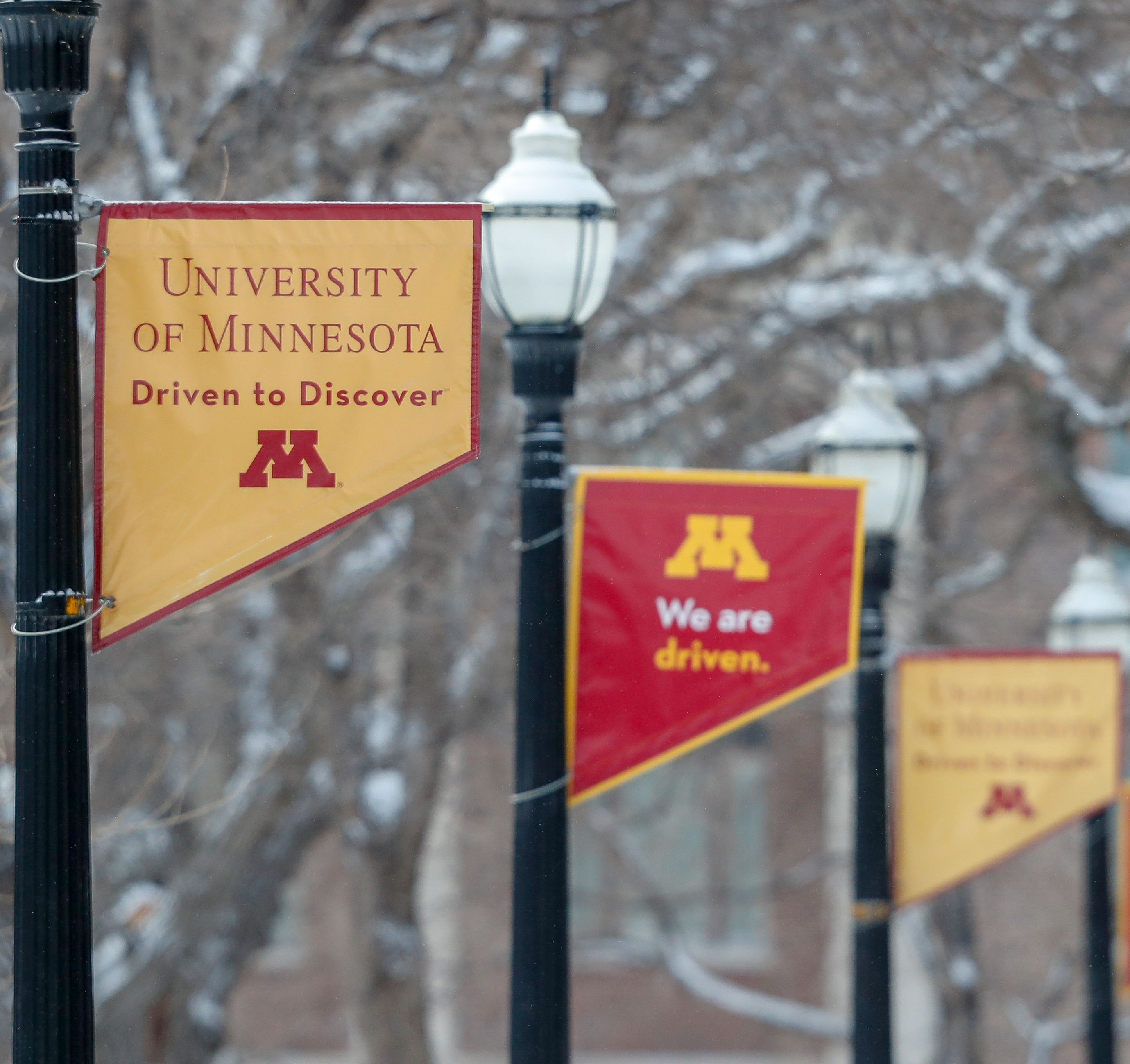
Student Stories

|
Science and Business Drive a Sustainable Future, Say Student Winners of Energy PrizeThe US Department of Energy recently launched the EnergyTech University Prize, where multidisciplinary student teams identify high-potential energy technologies, assess their market potential, and propose strategies for commercialization.The competition allows students to learn leadership and entrepreneurial skills while competing for a share of $370,000. EnergyTech shaped the semester for students in last spring’s 2022 course, GCC 3011/5011 Grand Challenge Curriculum: Pathways to Renewable Energy. In that class, six student teams created proposals leveraging high-potential energy technologies. The UMN teams competed against 9 other teams at the regional competition in February. One hardworking team from the GCC course won first prize, with BaReTech, a business based on a new technology that lowers the cost of recycling lithium ion batteries. |
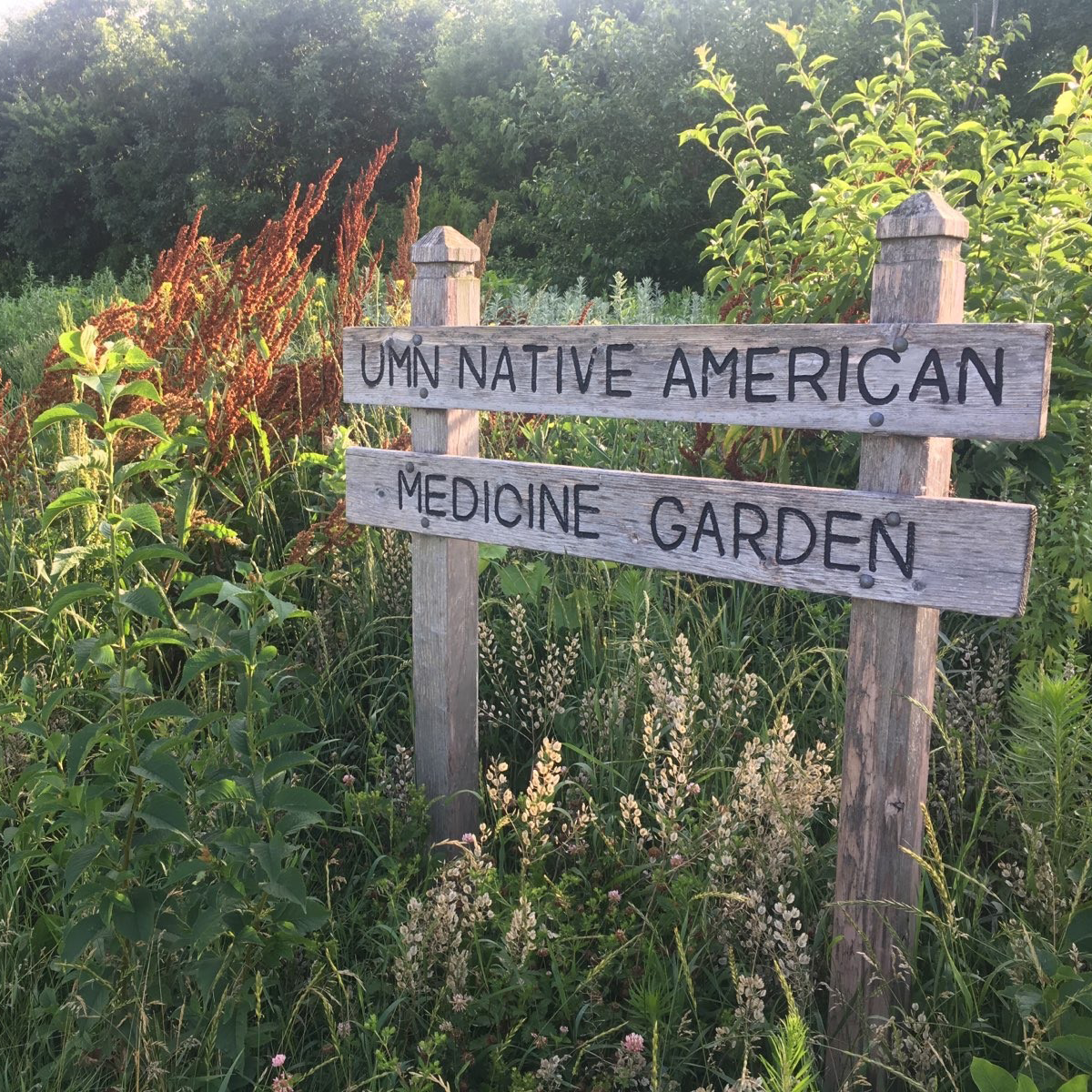
|
Fall 2021 Land and Language MoviesA collection of movies created by students in GCC 3036/5036: Seeking Connection through Decolonization: The power of indigenous languages and place-based knowledge in the face of racism. Movies compiled in fall 2021. |
The Language of Relatives"The grand challenges course we took this semester was titled "seeking connection through decolonization: the power of indigenous lands and languages". In class we have explored big ideas of decolonization and land back. However most notably we have been asked to dive deeper and explore how colonization has impacted our own relationships to land and language. This project will explain how land and languages influence one another and will also introduce community members who are leading this conversation. Ultimately this project hopes to highlight how we can and must build communities grounded in respecting the relationships between lands, languages and people." |
|
Bare Footage"Playing with convergences of land, language and alternative (embodied) literacies in the interest of decolonizing relationships to and education about land, our piece is a sensory exercise in communicating with land through the feet." |
|
Bridging the Gap: Scientific Research and Indigenous Perspectives"Our project will investigate how Native science and perspectives can be integrated into Western approaches to science in order to create sustainable and decolonialized research. While Western science typically considers the land as below or unrelated to the individuals who live on it, Native science emphasizes the connection of individuals with their surroundings and regards people as integral to the ecological networks within which they reside. The goal of our GCC course is to examine the relationships between indigenous languages and land and to understand the power of place-based knowledge. Our project aims to investigate a specific facet of the relationship between land and knowledge by exploring how Native science (ie. traditional place-based knowledge) and Western scientific practices can conflict, coexist, or collaborate. We are particularly interested in determining how Native perspectives and Western scientific research projects can be integrated and how this combination of perspectives can decolonize current research." |
|
Indigenous Political Activism and Land Reclamation"The goal of this project is to produce a compelling and engaging video that illustrates the connection between Indigenous political activism and land reclamation. The video identifies the tradition of Indigenous political activism, but focuses on current actions. Our GCC focuses on decolonization, Indigenous ways of knowing, and human relationships to the natural world and the land. This video will provide place-based knowledge on generational activism as it relates to Line 3 and the Water Walkers here in the Twin Cities. At the conclusion of the video, we hope our audience will have a better understanding of the impact that various generations can have on land and language reclamation in the Twin Cities." |
|
Place Based Learning"Our course is all about decolonization and the importance of place and language in education as well as the connection between them. The goal of our project is to look into how we can use place in science education to increase environmental awareness and how sustainable energy sources can be a part of decolonization, all tied together by looking at the land history and the effects of industrialization on the Mississippi River." |
|
The Legacy of Indigenous Names"Our group's project focuses on the legacy of Dakota names for land and how it has been changed, and what efforts have been done to change them back, as well as what we can do to make change happen. Specifically, one case we will focus on is the case of Kate Beane and her personal journey to change the name of the famous Lake Calhoun back to its original Dakota name, Bde Maka Ska. We will also want to highlight the indigenous names for plants, medicine, lakes, and other items, as well as how Bde Maka Ska is just the catalyst for a broader recognition of Dakota names and culture in general." |
|

|
Beyond the Classroom: Spring 2021 GCC Student WorkEach semester, student groups across various Grand Challenge Curriculum (GCC) courses participate in the Classroom to Community Workshop. This workshop serves as an exciting opportunity for students to share group projects being developed in current GCC courses. In response to COVID-19, this page was created as a virtual workshop for students to share their projects despite social-distancing. Thank you for taking the time to view these works. |
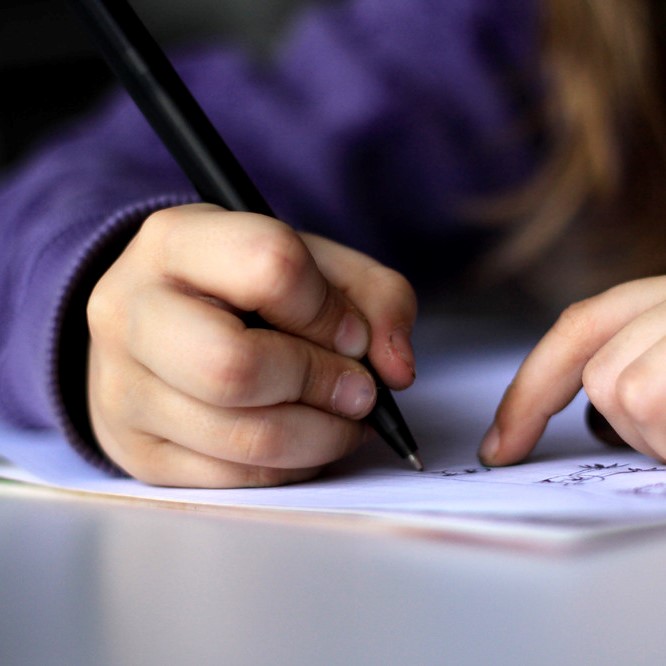
|
Minnesota Inside-out writing initiativeWe propose a student-led peer writing program which would connect students at the University of Minnesota and Minnesota Correctional Facility- Shakopee. |
ReducateAn adaptable education platform that integrates practical ethics and computer science topics. |
|
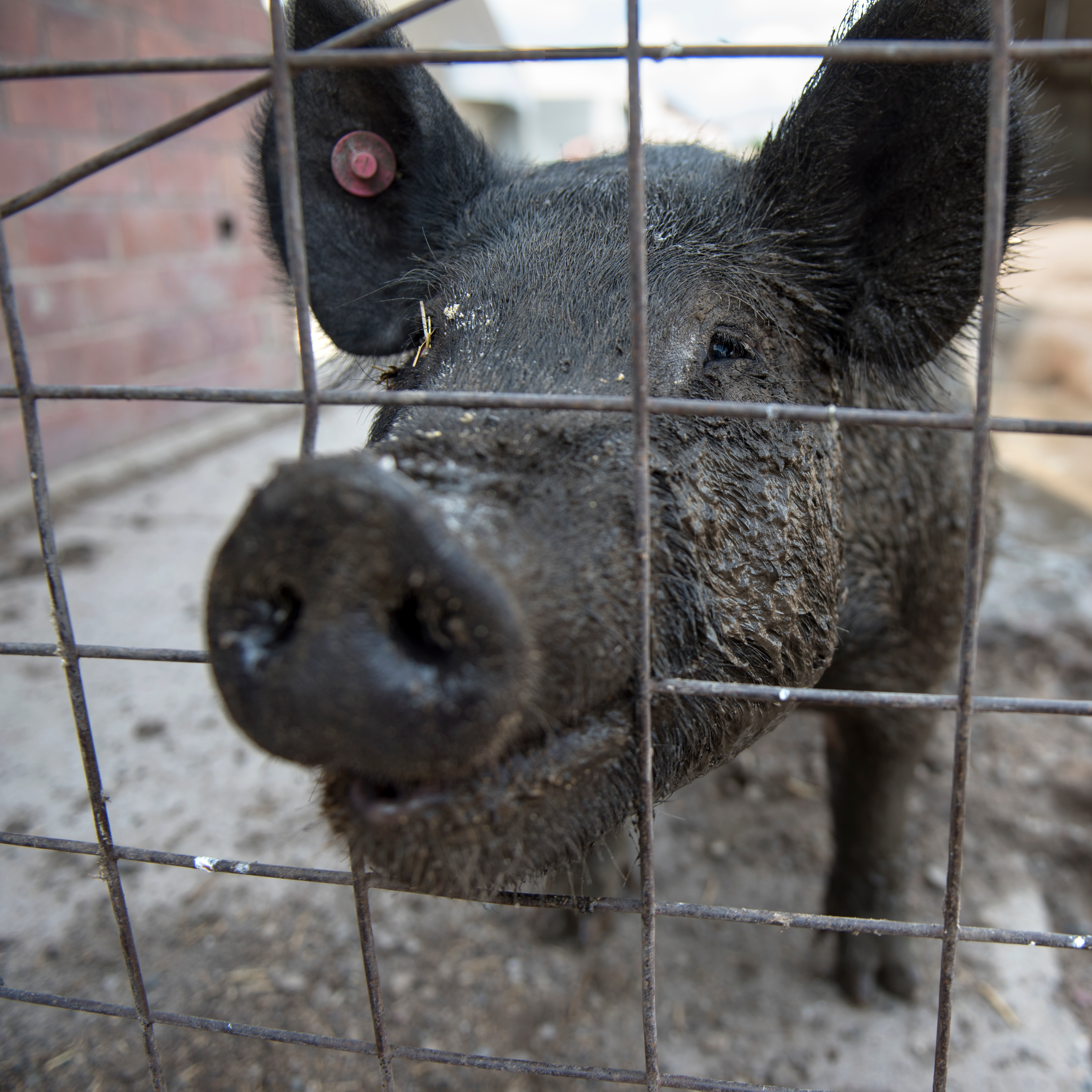
|
COVID Pork ShortageMore needs to be done to make the pork processing industry more resilient to avoid future shortages. |
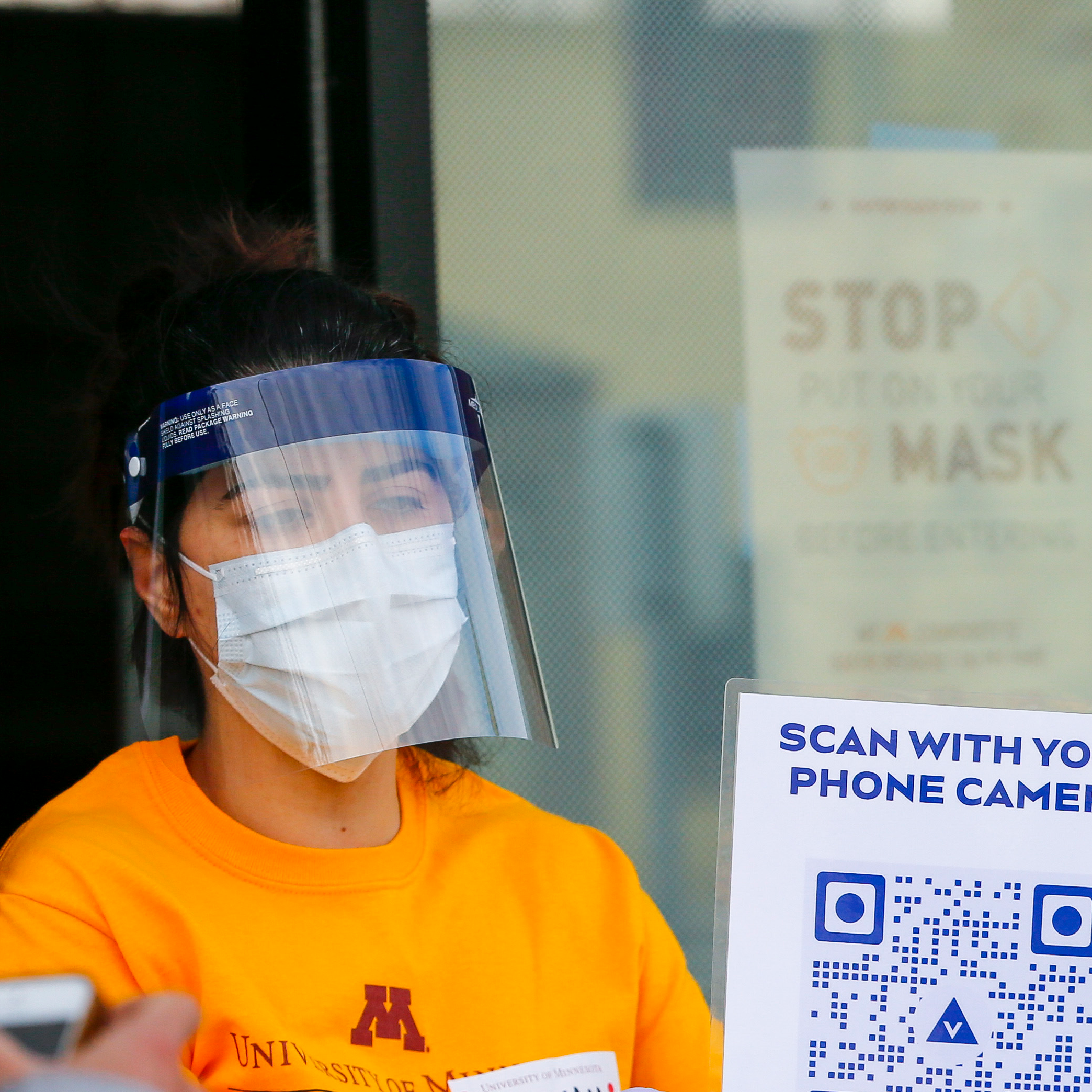
|
Reducing the Ecosystem Health Impacts of PPE and other Single-Use PlasticsLearn about why you should use cloth masks instead of disposable masks. |
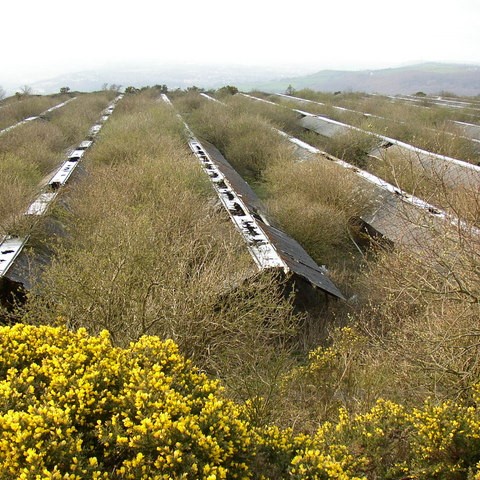
|
COVID-19 and Danish Mink FarmsIn 2020, Covid-19 circulated widely among mink on fur farms in Denmark. The virus accumulated a mutation on the spike protein, and the new variant re-emerged in November to infect at least 12 humans. This discovery generated fear that Denmark could become the epicenter of a new pandemic. |
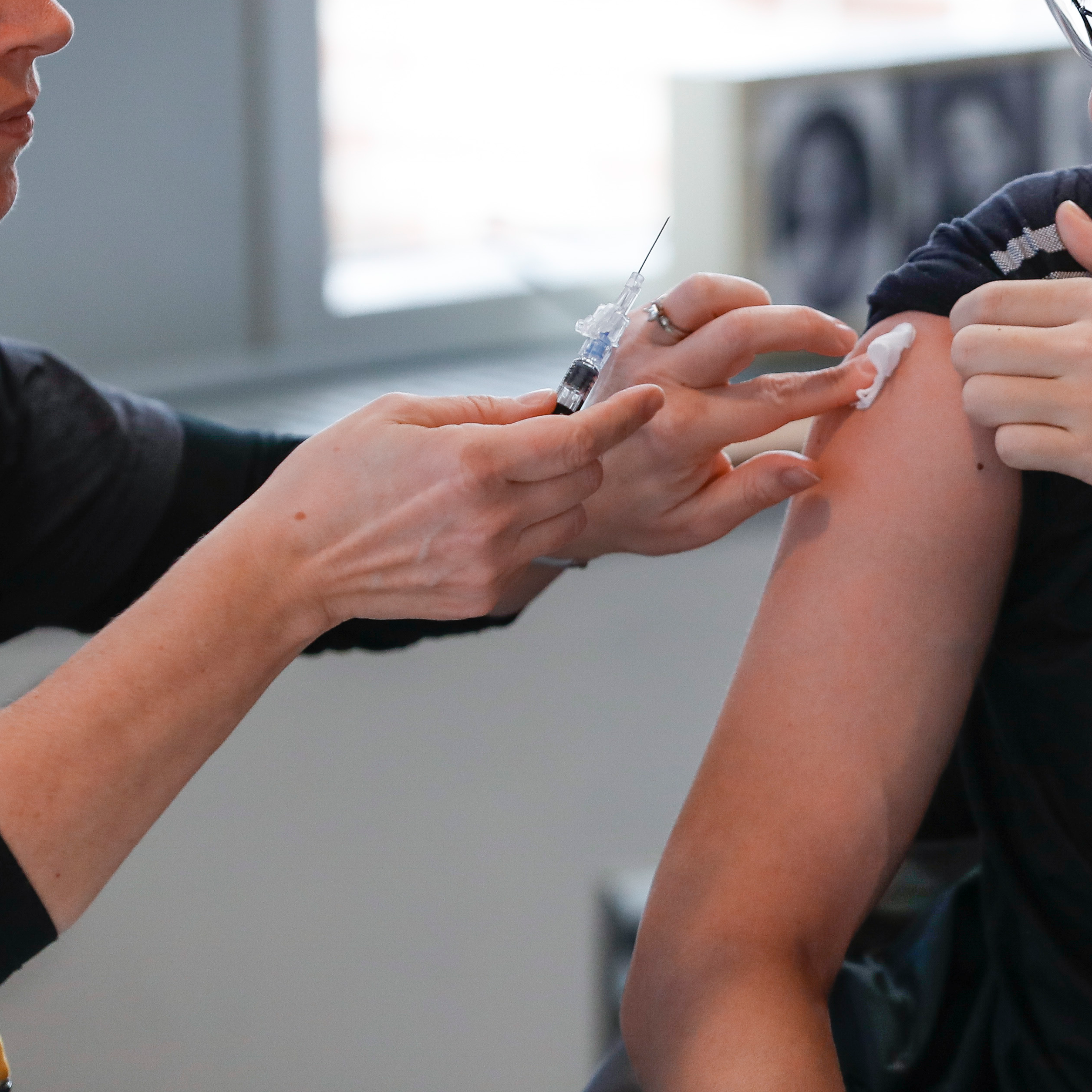
|
Healthcare in Correctional FacilitiesThe aim of this project is to promote prison and community healthcare services through a partnership between the UMN medical school and Minnesota DOC. |
Just Education PodcastJust Education is a podcast where people, who were formerly incarcerated in Minnesota, discuss the role of education and community in their post release oppurtunites, and successes. |
|
Arts Education Programs In PrisonsUMN Students and incarcerated individuals come together to exchange stories through artistic methods. |
|
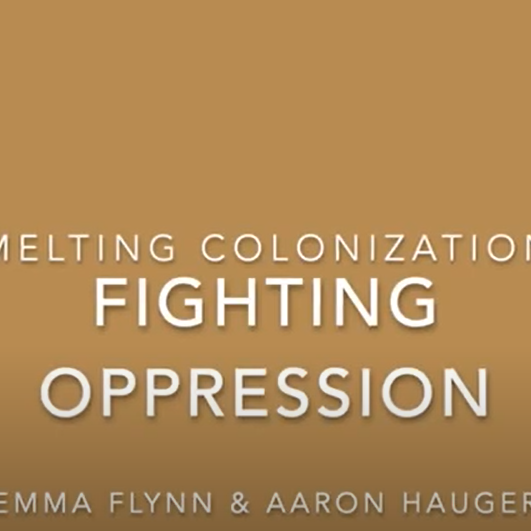
|
Melting Colonization: Fighting OppressionHave you ever felt overwhelmed and underinformed about de-colonizing work? The goal of this project is to help empower our peers, friends, and community members who want to help, but don't know how to get started. |
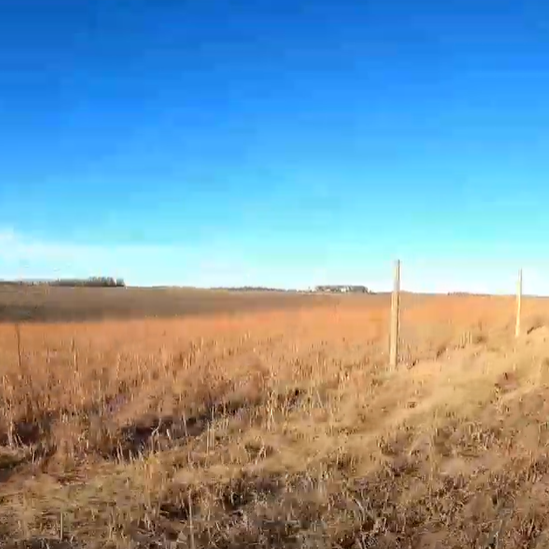
|
#LandBackLand Back is more than a hashtag, it is a movement to reclaim Indigenous futures. This project follows historic and contemporary policies impacting Dakota land reclamation, spotlighting Zani Otunwe. |

|
Ways of Knowing: Seeking Clarity through Education and AllyshipSeeking to become better allies to Indigenous peoples, our group reflects on our science and history educations. We also explore how scientific mindsets, Indigenous languages, and our relationships to land are deeply interconnected with learning more holistic ways of knowing. |
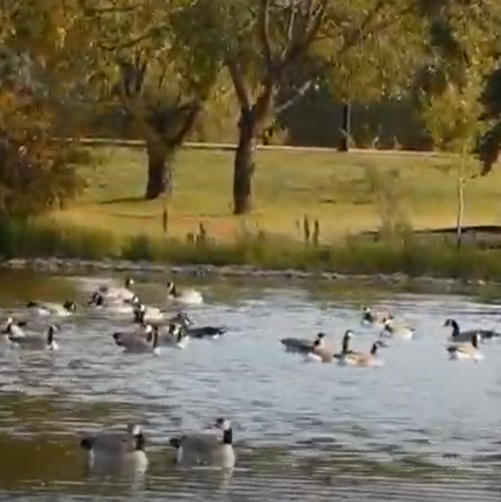
|
Western and Indigenous ScienceMuch of what we consider to be "science" excludes the wealth of indigenous knowledge. This is knowledge which has been acquired through generations of interaction with the land, and which is deeply coded in indigenous language, making efforts to preserve indigenous knowledge necessarily ones of language preservation as well. |
The Education You Never LearnedJoin us for a 10-minute video tour of the indigenous history of Mni Sota Makoce, the place many of us call home. We will teach you a little bit about places and history you never learned in K-12 education. |
|
Inheritance and Legacy in Mni SotaIn the land of clear waters, the waters aren’t so clear anymore. As inhabitants of Mni Sota Makoce, we have inherited beautiful landscapes rich with resources — what will we leave behind for future generations? |
|
Building Relationship: Through StorytellingLug Kawm Nrug Kuv Txug Haiv Neeg Dakota hab Haiv Neeg Ojibwe |
|
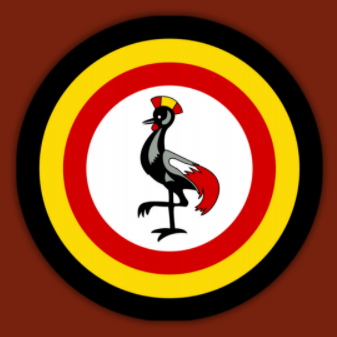
|
Healthy Entrepreneurs and Lifestyle Education (HEALED)HEALED is a multidisciplinary and integrative approach created to address the growing rise in non-communicable diseases, specifically diabetes, in Kampala, Uganda. By centering our curriculum on decreasing binge drinking in order to promote the health of male entrepreneurs aged 18-29, we hope to help mitigate some of the risk factors of diabetes that can be caused by alcohol abuse. |
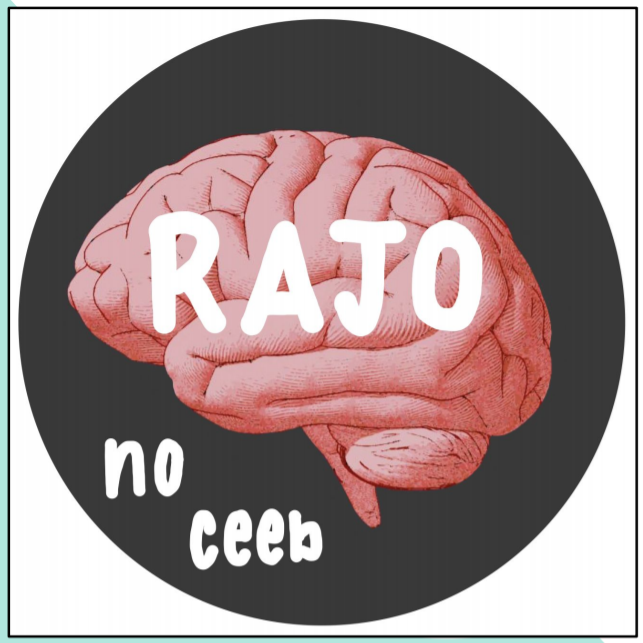
|
No Shame in the BrainNo Shame in the Brain is a storytelling website that allows members of the Somali community in Rochester who have been affected by the opioid epidemic to share their story. Through this website, we hope that stigma will become a nonissue when it comes to addiction and getting help. |
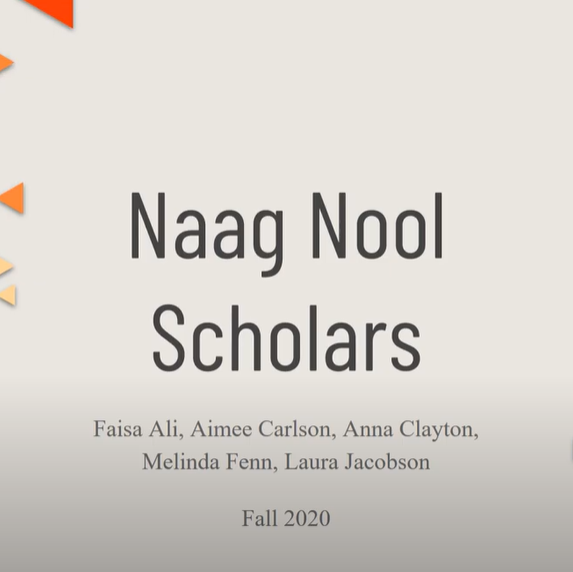
|
Naag Nool ScholarsYoung Somali women in Kismayo, Somalia, participating in the Naag Nool Scholars program will have the opportunity to be mentored and learn directly from successful female professionals in Somalia. The goal of this program is to close the gender gap of employment in Kismayo, Somalia through education, training and high-quality mentorship. |
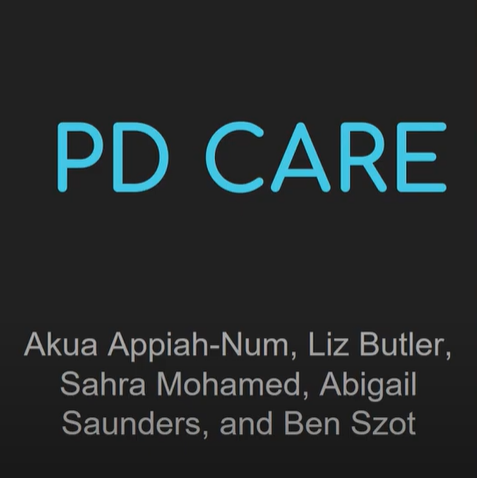
|
Peritoneal Dialysis--Creating Awareness by Reinforcing Education (PD CARE)Accessibility to life-saving kidney dialysis treatment is very limited in Uganda and the use of peritoneal dialysis (PD) could help alleviate some of the financial burden associated with receiving dialysis treatment. PD CARE aims to educate patients and their families on what peritoneal dialysis is and why the patient needs the treatment, as well as train them on how to clean and monitor the patient's catheter to prevent peritonitis. By empowering and educating patients, this project aims to reduce some of the financial and cultural barriers associated with peritoneal dialysis in order to make dialysis treatment more accessible for patients. |

|
Beyond the Classroom: Fall 2020 GCC Student WorkEach semester, student groups across various Grand Challenge Curriculum (GCC) courses participate in the Classroom to Community Workshop. This workshop serves as an exciting opportunity for students to share group projects being developed in current GCC courses. In response to COVID-19, this page was created as a virtual workshop for students to share their projects despite social-distancing. Thank you for taking the time to view these works. |
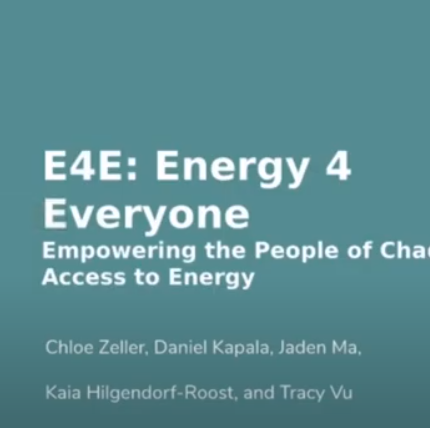
|
Energy for Everyone (E4E): Empowering the People of Chad through Access to EnergyE4E is about empowering the people of Chad through access to energy. Our goal is to overall improve the livelihood, health, and growth of Chadian citizens and communities through innovative thinking and community participation, while fulfilling the United Nations Sustainable Development Goals. |
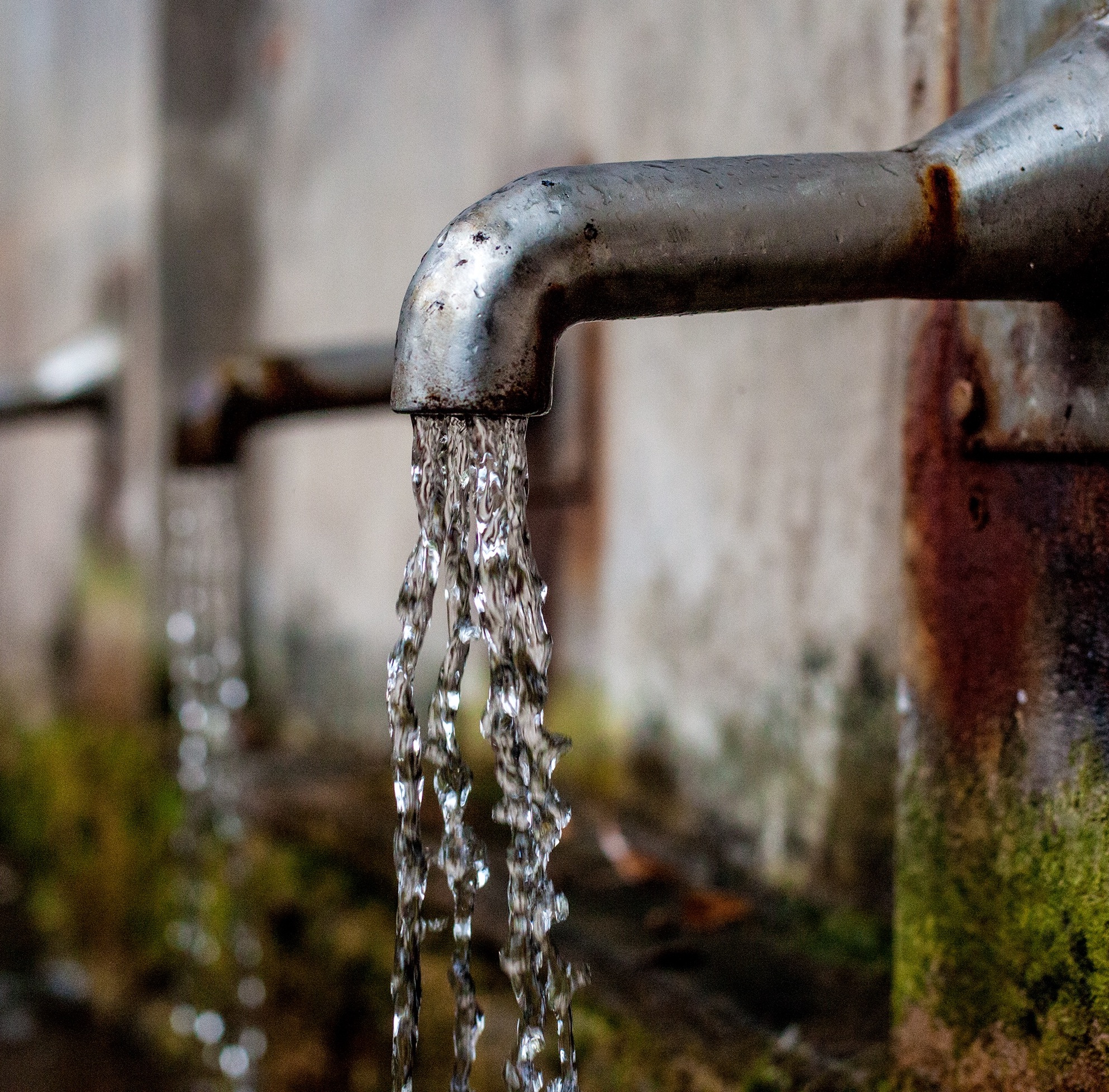
|
Tapping Into Sustainability: Bolstering the Sanitation and Education Infrastructure of Schools in Rural ChadIn a country faced with only one in seven children accessing adequate sanitation resources (UNICEF) what is the solution? A school-centered, solar-powered water pump accompanied by an interactive, technology-based hygiene education program for primary school-aged children. |
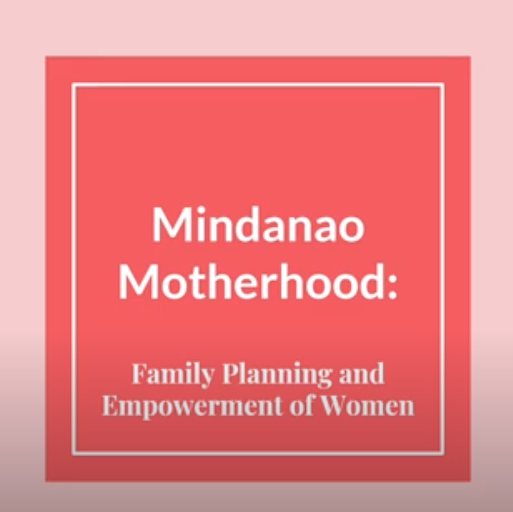
|
Mindanao MotherhoodWe have proposed implementing a program in Mindanao, the Philippines that will provide women, mostly poor and rural, with a hub that can connect them to a wide variety of resources. These resources will help with general and reproductive healthcare, with an emphasis on family planning and empowerment within their relationships. |
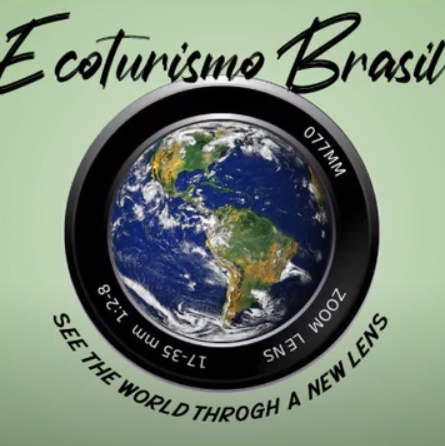
|
Ecoturismo Brasil!We are rapidly losing biodiversity and natural resources due to human interferences in our biosphere. Ecoturismo Brasil! is a novel way to use ecotourism to help combat loss of biodiversity in the Amazon river basin. |

|
Mukono Aging Community Health InitiativeAllison Berry, Allie Trask, and Anna Solfest are creating the Mukono Aging Community Health (MACH) Initiative in order to decrease social isolation and increase general well-being and quality of life for the aging population in Uganda. |
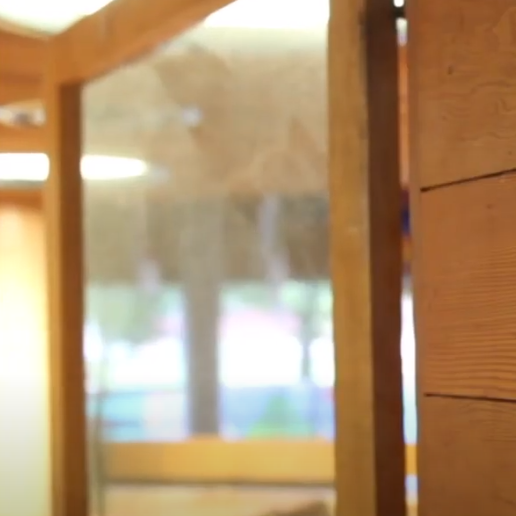
|
Language Learning: Career enhancement or act of resistance to colonialism?Learning languages can be a valuable career move. But is there something more valuable in learning languages that are at risk of extinction? |
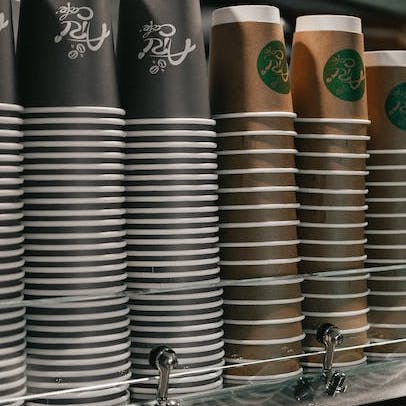
|
Cup Deposit ProjectLauren Anderson thinks up a reusable cup system to combat single-use coffee cup waste at the U of M. |

|
Beyond the Classroom: Spring 2020 GCC Student WorkEach semester, student groups across various Grand Challenge Curriculum (GCC) courses participate in the Classroom to Community Workshop. This workshop serves as an exciting opportunity for students to share group projects being developed in current GCC courses. In response to COVID-19, this page was created as a virtual workshop for students to share their projects despite social-distancing. Thank you for taking the time to view these works. |
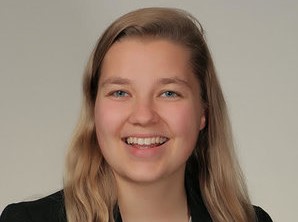
|
ShaqoSearchMeet the creator of ShaqoSearch, a tailor-made job connection platform that matches young adults with applicable skills to employers with open positions in Kismayo, Somalia. |
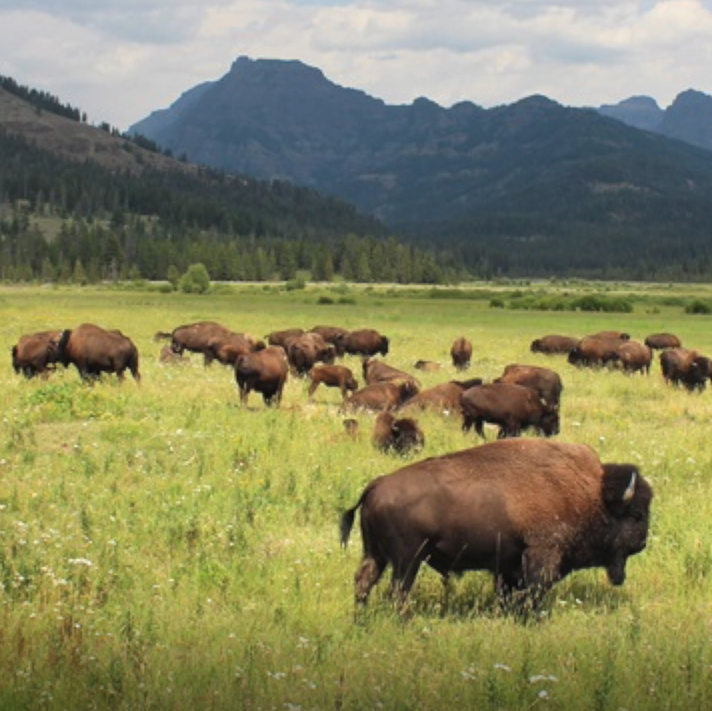
|
Wild Bison: Conservation of the American WestThe American bison population has rebounded from near-extinction and outgrown the resources of Yellowstone National Park. Our proposal from this project is a three-pillared plan (engage, protect, and sustain) to address conflicts regarding bison populations between conservationists, cattle ranchers and landowners in the Greater Yellowstone Area. |
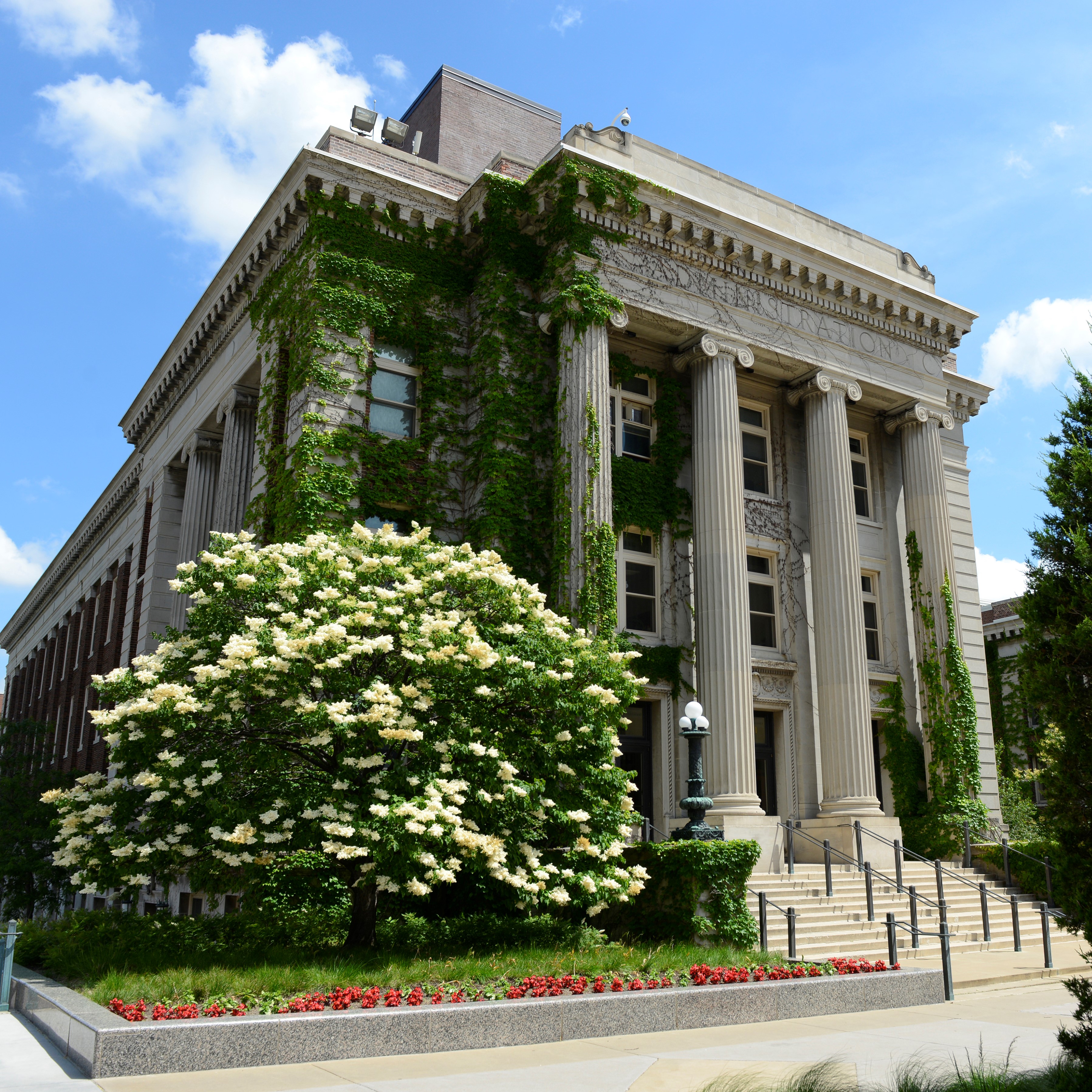
|
University of Minnesota Truth Telling TourJoin two students on a Truth Telling Tour of the University of Minnesota. Together we will take a look into the history and present day events of the university, and take action as we work towards a brighter future. |
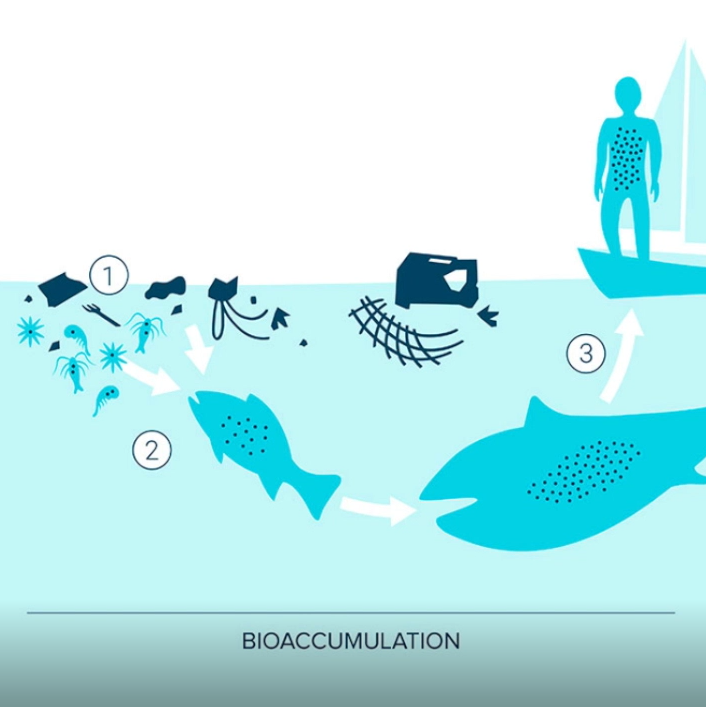
|
Single-Use Plastics in the R&D Laboratory SpaceWe propose solutions to combat the stigma of sustainability being too much of a hassle, by focusing in on the plastics seen to be the least recyclable. |
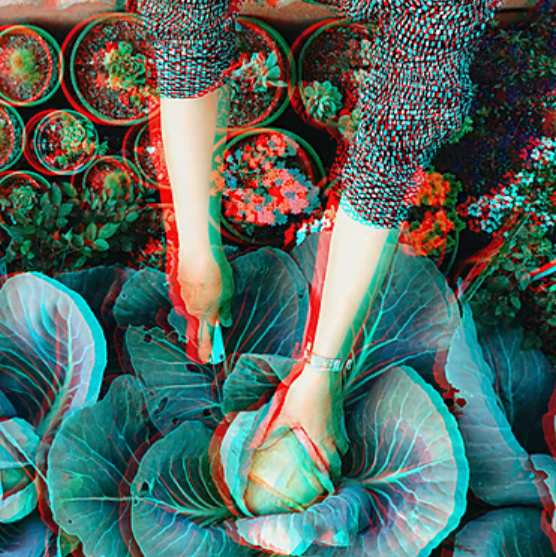
|
Cut the Crap!"Our project is the creation of a website that includes sustainability tips, DIYs, personal journey stories and ways to get involved from home during this pandemic. This website is a way to engage all people and ages in the sustainability movement and to inspire us all to change our actions." - Bella Bekos and Zoe Noel Pettit, May 2020 |
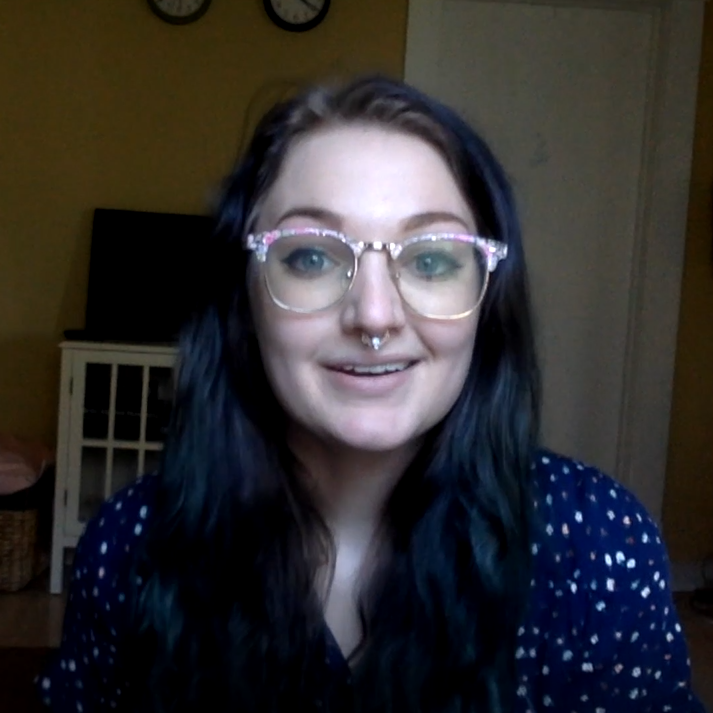
|
Side-Stepping White Fragility with DignityClips from conversations with a retired AP US History teacher about the treatment of Indigenous narratives in history, and our job as white people to not let these stories get buried. |
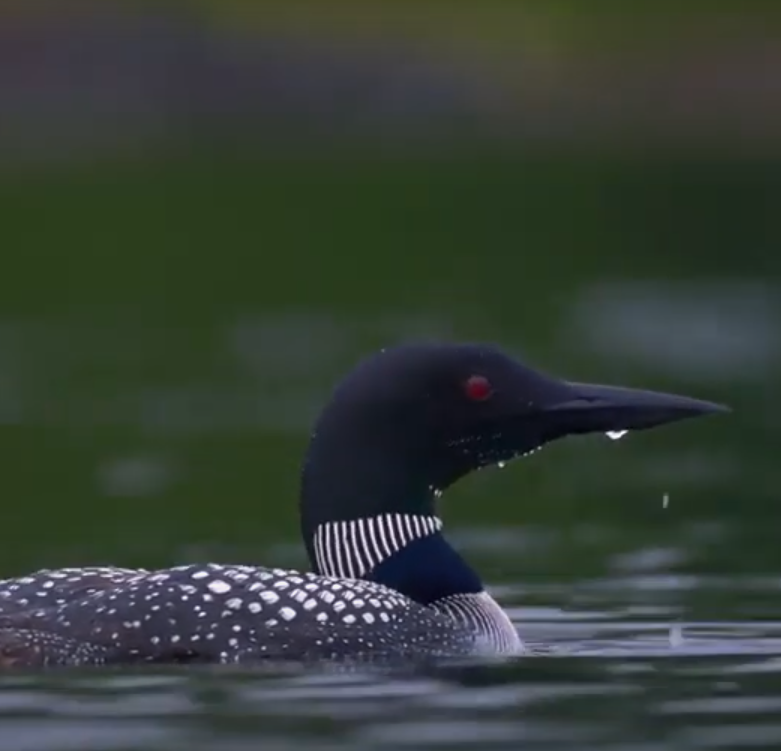
|
Mnisota MakhocheIn this project, we explore what Mni Sota Makoche means to different people. With these perspectives, we then ask what it would mean to restore land back to the Dakota people. |

|
Malaria Mortality Prevention in the East African HighlandsTo help mitigate the expanding global impact of malaria as result of climate change, with its associated increasing drug resistance, implementation of prompt and accurate diagnosis is needed to reduce mortality. Rapid diagnostic tests (RDTs) have been recognized as an ideal method for diagnosing malaria in east African Highlands the project is aimed at reducing malaria mortality through the use RDTs especially among pregnant women and children under the age of 5. |
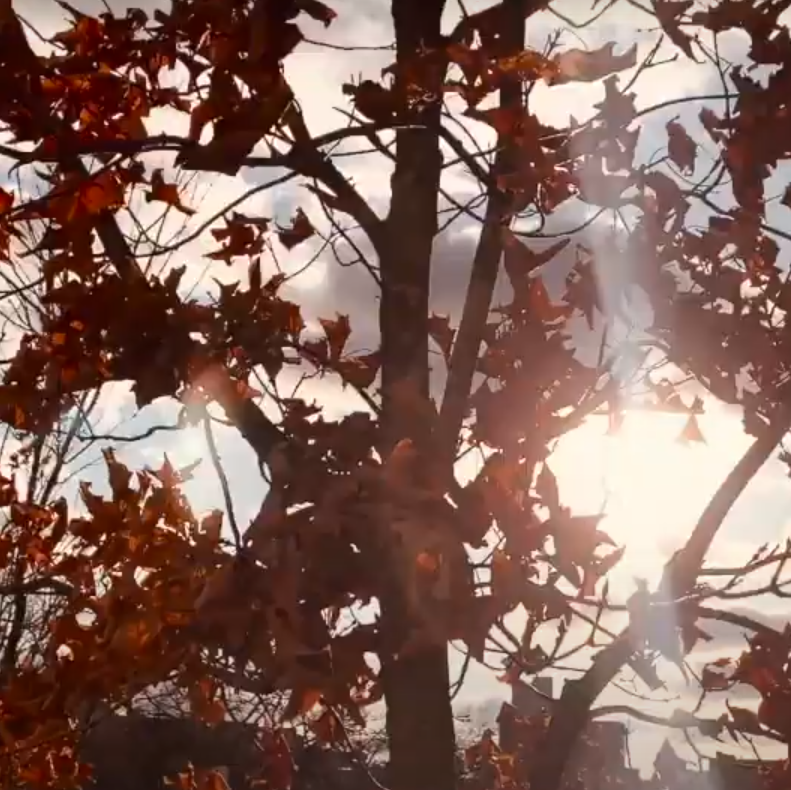
|
Indigenous Solidarity in Mni Sota MakoceAn exploration of what indigenous solidarity looks like and what it means to be a non-Dakota Indigenous person living on Dakota land. |
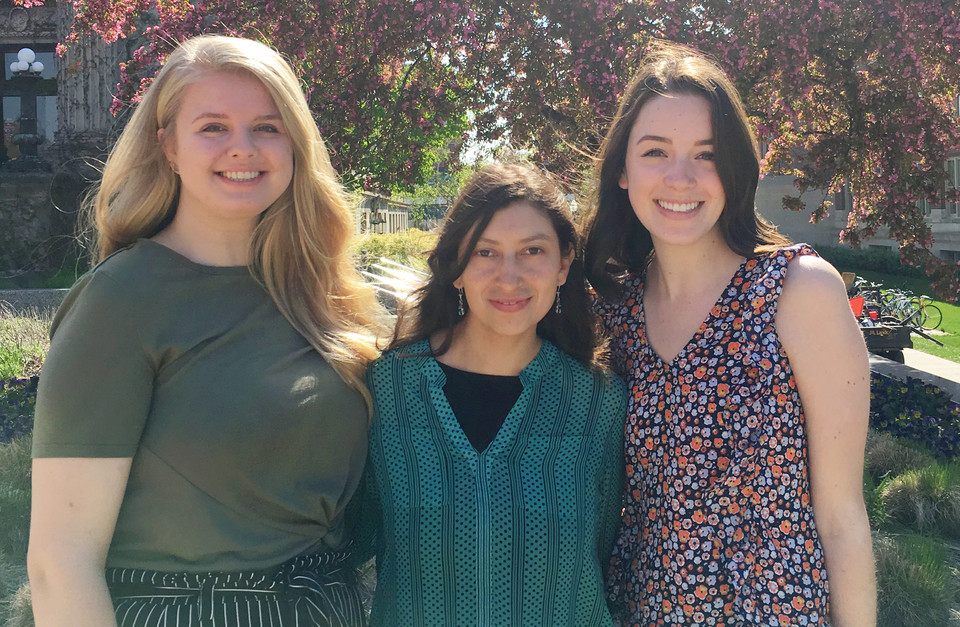
|
Fast Fashion: The Negative Impacts on Society and the Environment[May 2019] Fast fashion is the second-most polluting industry in the world after oil drilling. Gillian Innes, Cristina Toapanta, and Sabrina Southwick are working to bring transparency to fashion supply chains and spread awareness to consumers about their impact on the environment. |
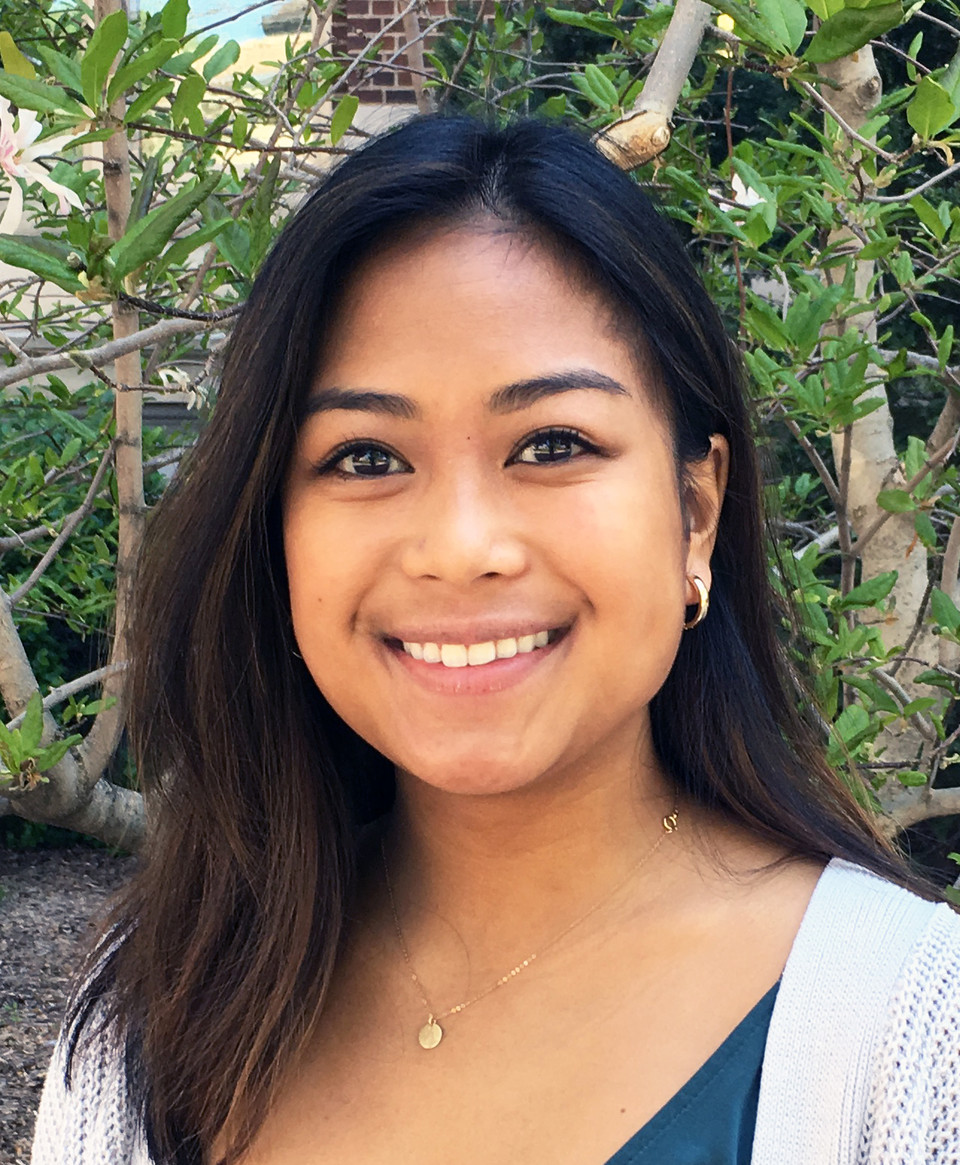
|
Powering the University of Minnesota with 100% Renewable Energy[May 2019] Andrea Veloira and her teammates from GCC 3031/5031 are setting an example for Minnesota lawmakers by working toward 100% carbon-neutrality on University Of Minnesota campuses. |
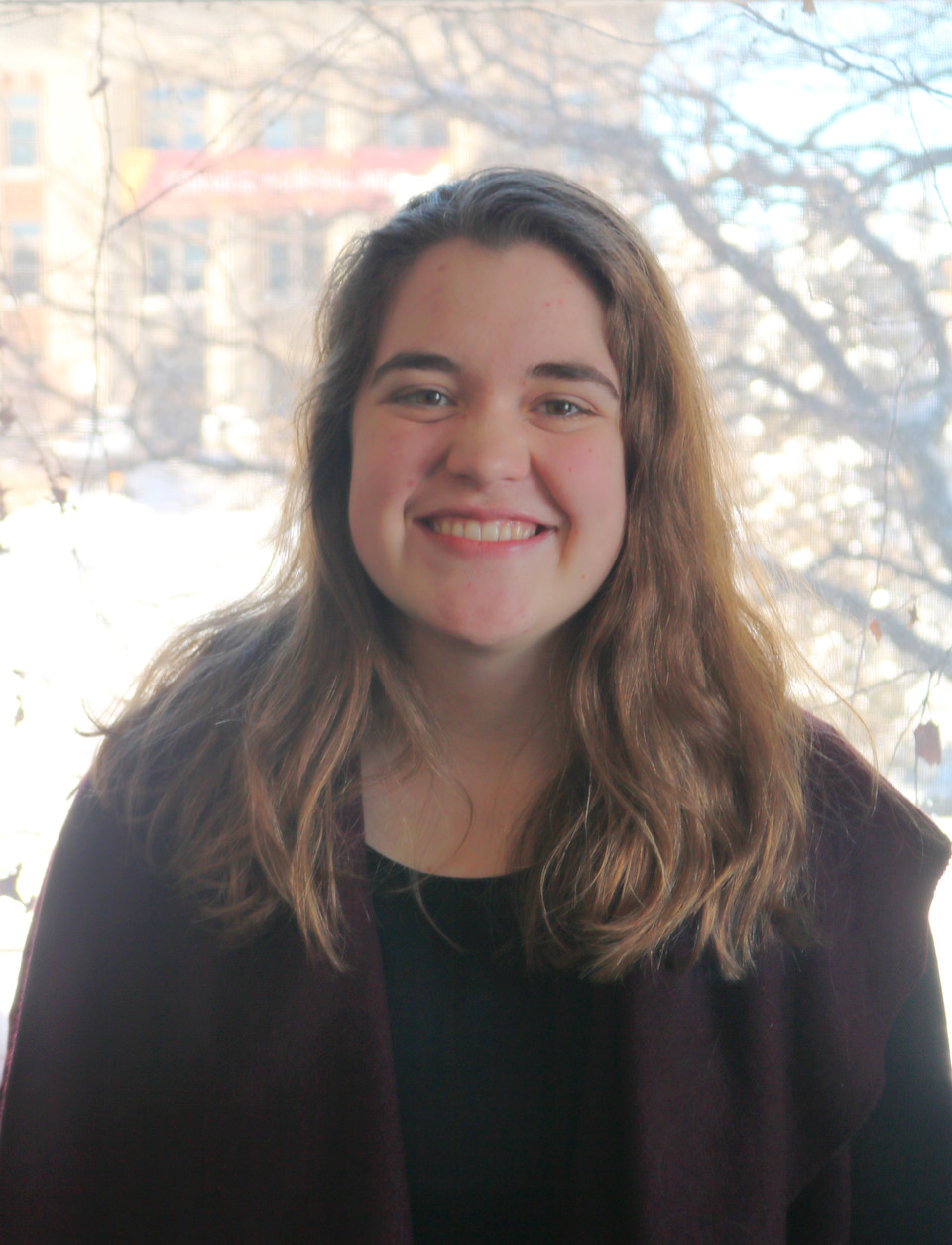
|
Representation and Resources for Science Fair Students[February 2019] Amanda Polanski shares her journey of helping three middle schoolers gear up for the science fair! Learn more about her experience in GCC 3026 as she addresses the lack of support and diversity in STEM. |
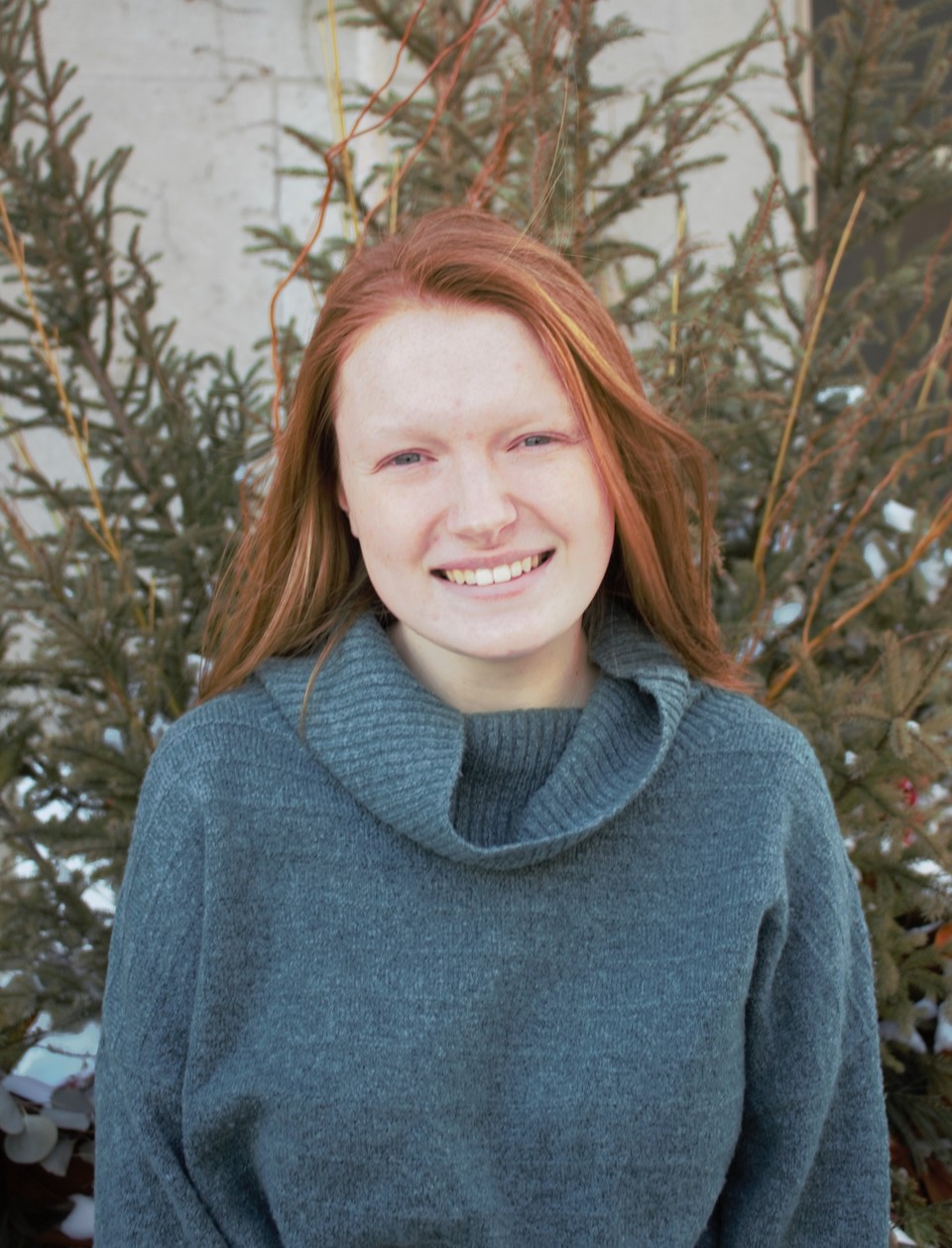
|
Providing Prenatal Care and Nursery Programs to Incarcerated Mothers[February 2019] Claire Anderson and Maeve Sheridan from GCC 3018 work to raise awareness of the benefits of implementing nursery programs in prisons. |
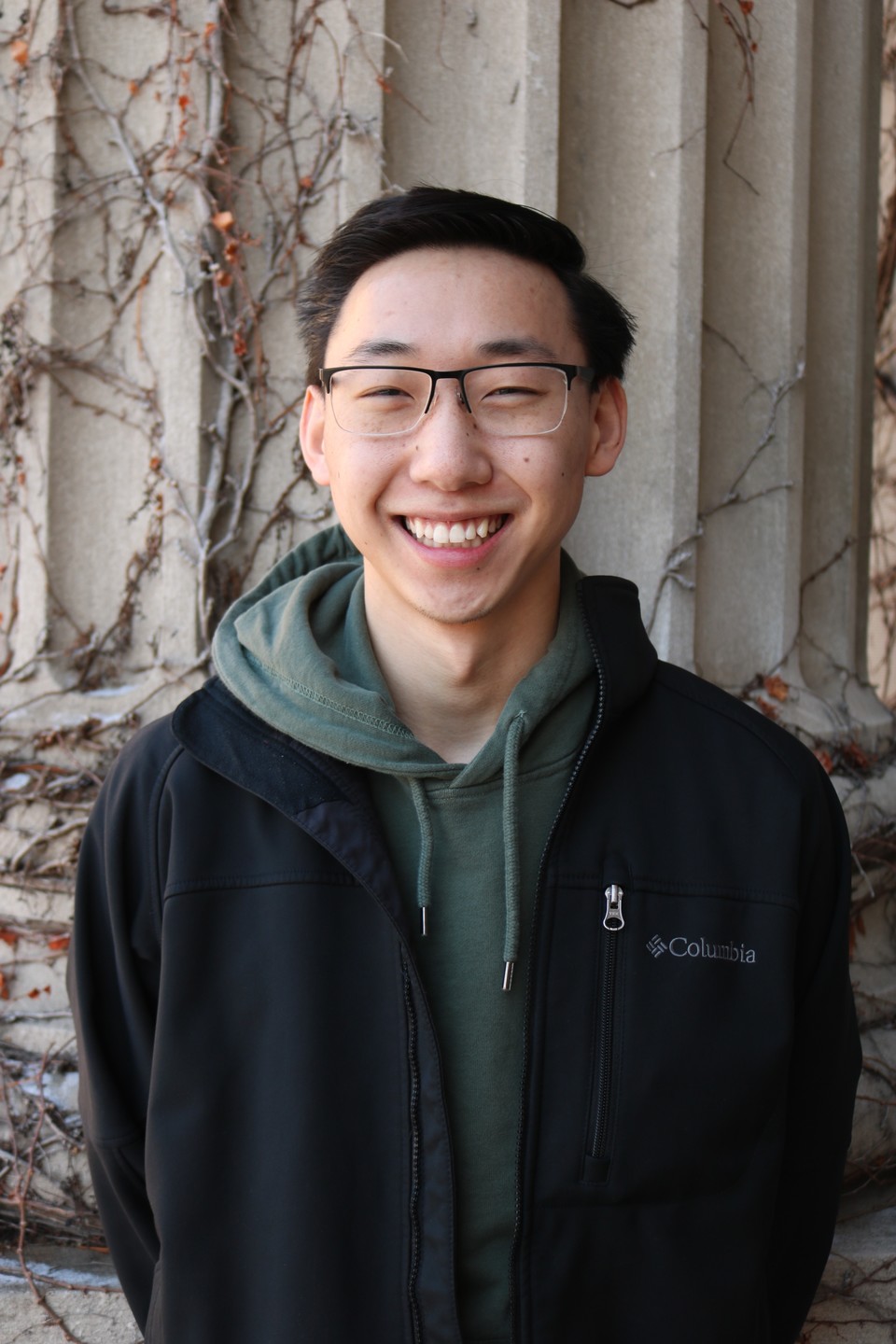
|
Downsizing Classrooms: The Future of Early Childhood Education[January 2019] Michael Dahl shares his experience in GCC 3018 "What American Dream? Children of the Social Class Divide," his research into how classroom size impacts students, and the steps people are already taking to improve the future of childhood education. |
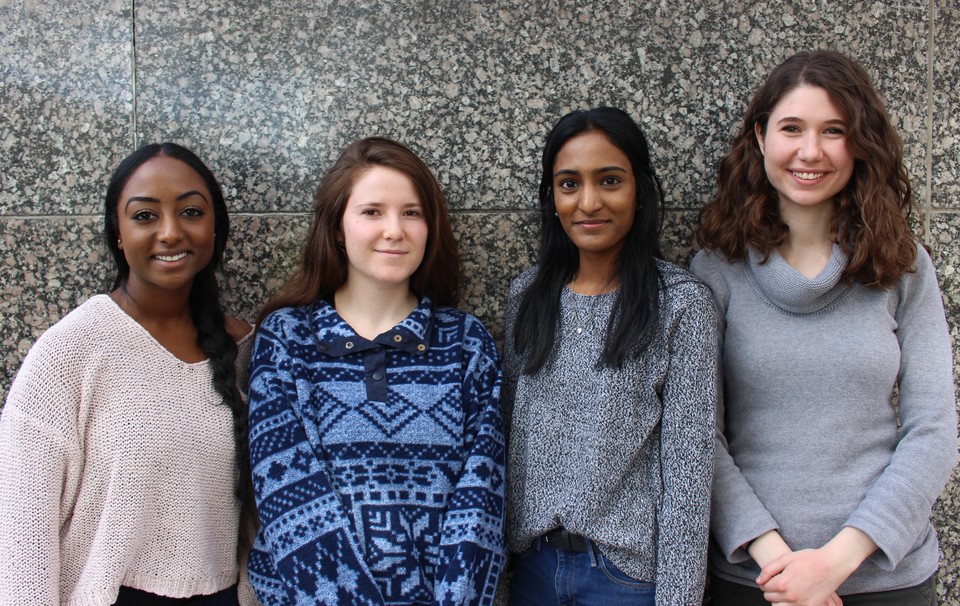
|
Bringing UTI Conversations to Boynton: An Antibiotic Stewardship[December 2018] Reem Elbasher, Rachel Grushan, Chetana Guthikonda, and Victoria Skolnick are working to prevent antibiotic resistance by increasing awareness about UTIs and how to treat them. Their first stop: Boynton Health. |
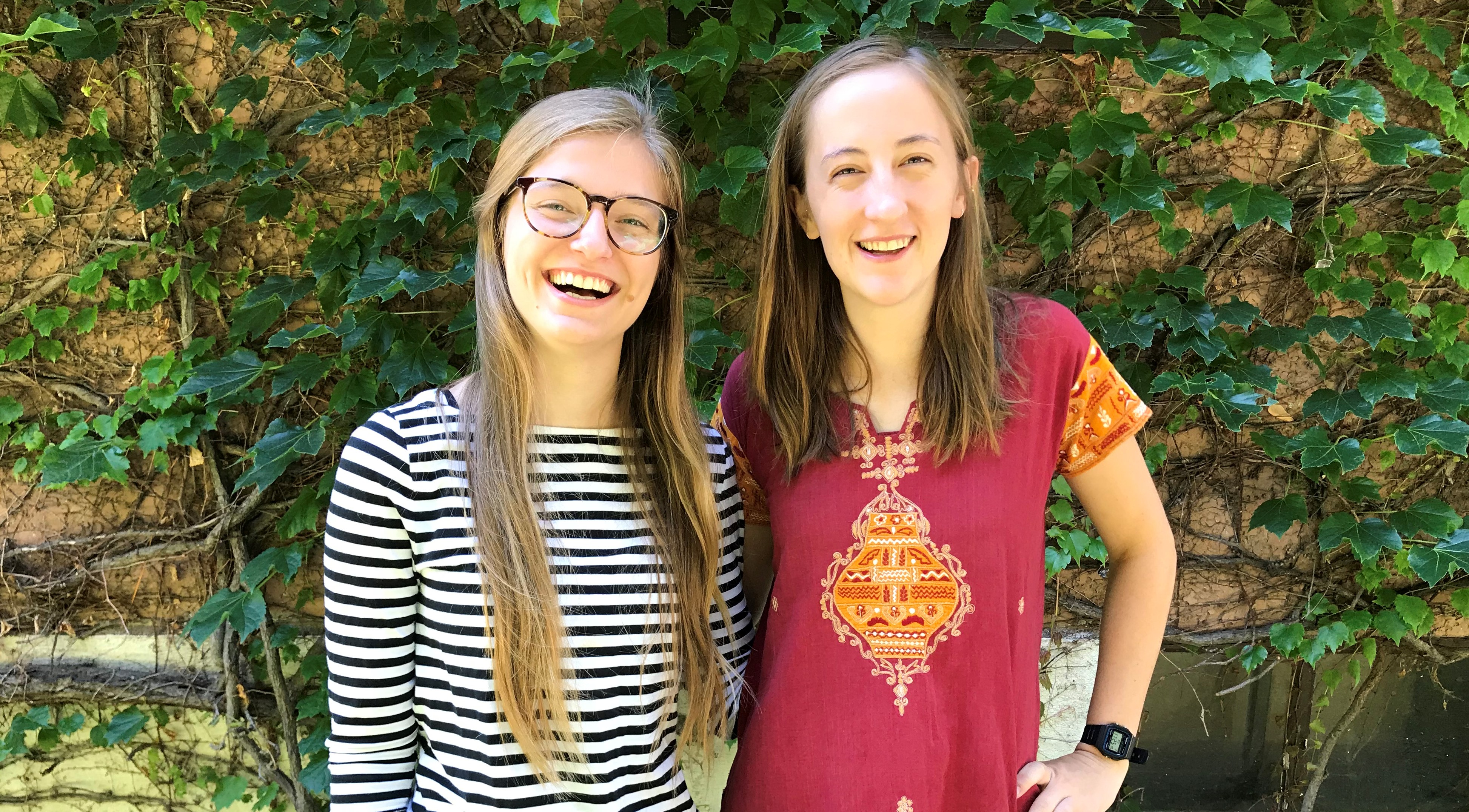
|
EduCOWtion: Decreasing malnutrition and increasing school attendance through live cattle[September 2018] Grand Challenge Curriculum interviewed Maria Soroka and Abby Knoble about Educowtion, their experiences piloting the program in Uganda, and the future of bringing live cattle into schools. |
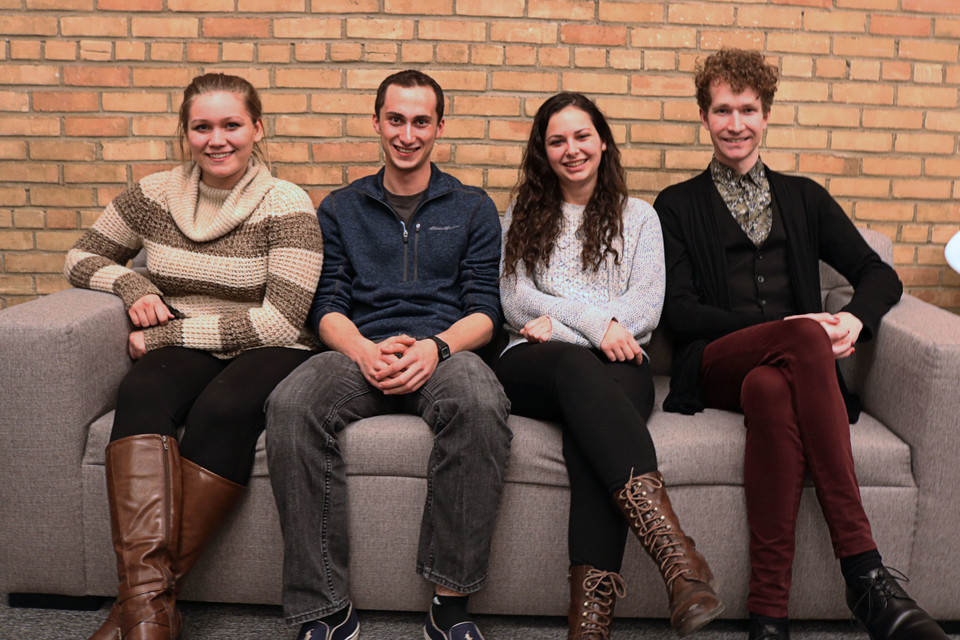
|
Vetiver Solutions: A company striving to decrease malnutrition and poverty in Haiti using one little plantGrand Challenge Curriculum sat down with Becca Desens, Elizabeth Alonzi, Dalton Schutte, and Jesse Abelson for an interview in November 2017, where they shared their journey developing Vetiver Solutions and their recent experience attending the Clinton Global Initiative University conference. (Leeore Levinstein, the fifth member of Vetiver Solutions, was regretably unable to join the interview.) |